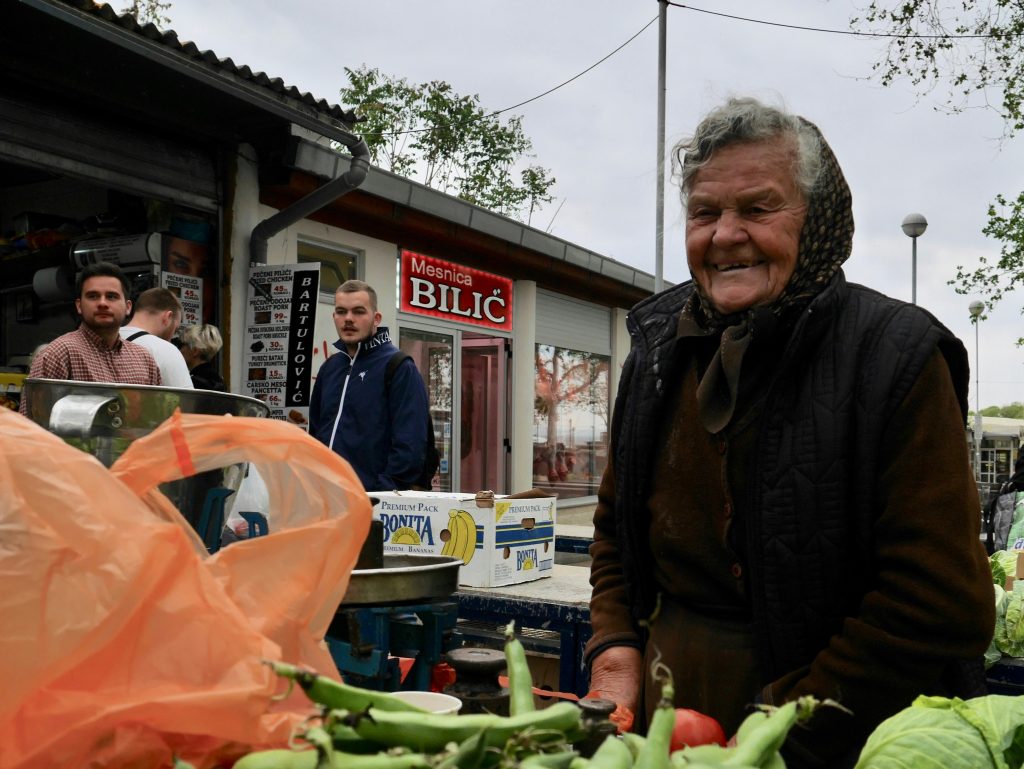November the 28th, 2023 – With news about inflation going up and down and nobody really sure what’s going on when it comes to hitting them where it hurts (the wallet), mystery shoppers have been doing their duty. Their conclusion about Croatian stores however isn’t a good one.
As Poslovni Dnevnik writes, the praiseworthy project called ”Mystery shoppers for consumer protection in the process of introducing the euro in Croatia” is now drawing to a close. The project was scheduled to last until the end of the mandatory dual reporting of prices in both kuna and euros, which means it will only continue for the next month. The Croatian Association for Consumer Protection (HUZP), based in Zagreb, was one of the six associations selected by the Ministry of Economy and Sustainable Development back during the summer of 2022 in a tender to participate in this project.
Since last August, HUZP’s mystery shoppers have been monitoring the price movements of 60 products and 36 services sold or provided by Croatian stores. HUZP mystery shoppers have been present in Zagreb, Sisak and Pula, while other parts of Croatia have been being “covered” by mystery shoppers from the remaining five associations involved in the project. All of the identified irregularities were subsequently reported to the State Inspectorate, according to a report from N1.
Croatian stores knew they were being watched
The project had its limitations since all Croatian stores and other business entities, as well as goods and services whose price movements are monitored, are predetermined. There was no surprise factor involved because the retailers knew precisely which goods and services these mystery shoppers were keeping their eyes peeled for with them.
“We’ve been following the same products and services since the very beginning, and the meaning of the mystery shopper is surprise – nobody is meant to know when they’ll come and what products they’ll be seeking out. Unfortunately, after our very first report, traders saw exactly where we were present and what prices we were tracking. If we’d had the freedom to go to this store today, to that store tomorrow, and follow this product, then that product – we’d have come across all kinds of discrepancies in terms of pricing. This is how we’ve been following the same thing for seventeen months now,” Ana Knežević, president of the Croatian Association for Consumer Protection, told N1.
There’s been nothing but price increases every single month…
She pointed out that over the past fifteen months of participation in this project, HUZP’s mystery shoppers haven’t managed to record a single price reduction. There have only been constant price increases.
“If there was a discount on a product, then it was only trade action taken where the price of a certain product was returned to its old one. Or, these were the prices of products already limited by government price caps. In addition to all of that, none of the products that we monitored decreased in price whatsoever during this period,” Knežević revealed.
This can also be read in her monthly reports. “There’s mostly been only price increases, nothing has become cheaper,” she wrote in her report for March of this year. “Our mystery shoppers are constantly hoping that they will come across some kind of discount, but there’s been nothing of that sort,” she noted in May. In June she wrote: “We still haven’t noticed that anything has become cheaper, but we’re still constantly noticing price increases.” In August, she wrote that “again, nothing has become cheaper”. The exact same report was made in October too.
Extend the deadline for the dual reporting of prices?
HUZP sent a proposal to the Ministry of Finance to extend the dual reporting of prices for another six months – more specifically until July the 1st next year – but they haven’t yet received a response. In the meantime, Finance Minister Marko Primorac has stated several times in public that there’s no need to extend the obligation of dual reporting of prices and that it will end on the last day of this year as previously arranged.
Knežević believes that the deadline for the dual display of prices should be extended because many customers, especially older people, still find it difficult to deal with prices in euros instead of the former currency (kuna).
“Croatian stores who want to can leave double prices displayed, but it’s mostly only smaller Croatian stores doing this. People still struggle with it, though. The governor of the CNB himself said at a gathering that he too is still recalculating prices from euros to kuna, while Minister Primorac claims that people are used to prices in euros now. The problem is that inflation is high. If prices were normal, if they didn’t keep rising, people would get the chance to get used to it more easily,” concluded Knežević.











